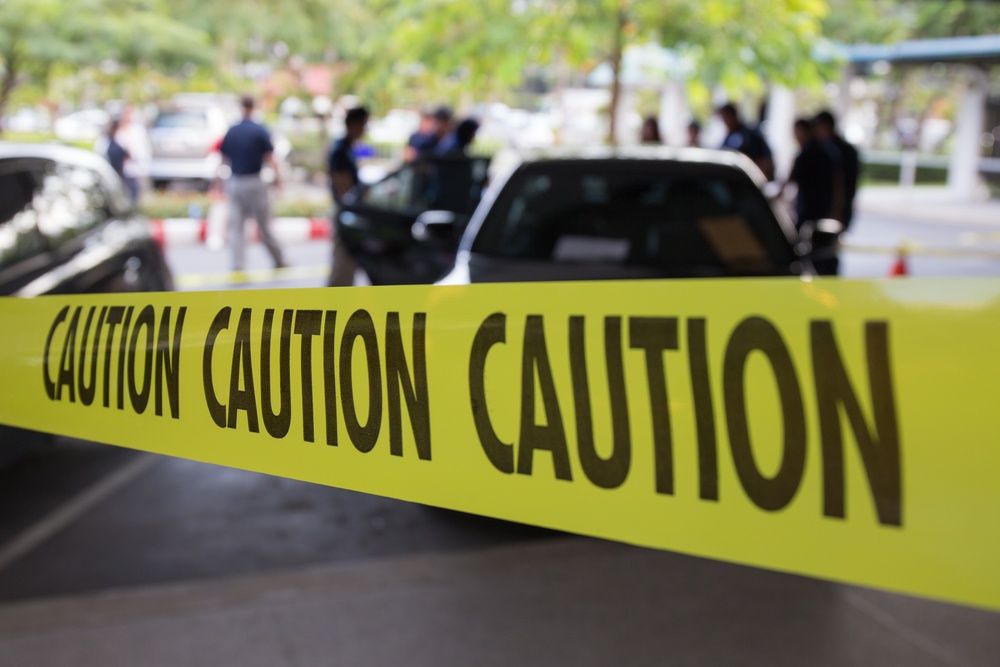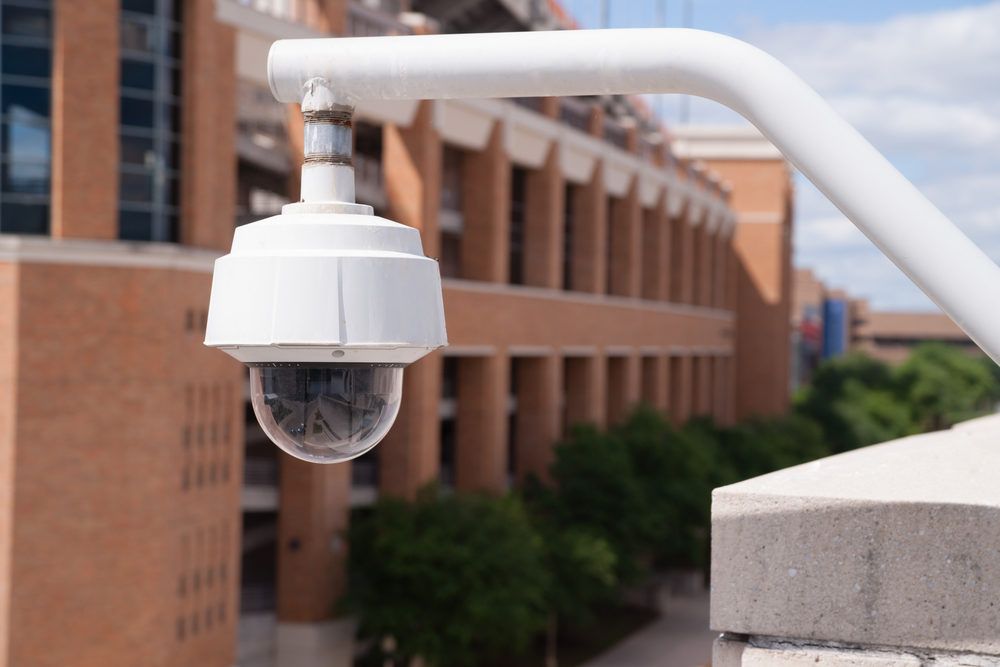Recent Uptick in Mass Shootings Highlights Need for Better Physical Security Solutions
The growing threat of mass shootings highlights the need for better security measures. In just the second half of September, mass workplace shootings...

Courthouses can be dangerous places for judicial officials, which is why stronger security systems are desperately needed.
On March 11, 2005, Brian Nichols was scheduled to stand trial for sexual assault in the Fulton County Courthouse in Atlanta. On his way into the courtroom, Nichols overpowered Deputy Cynthia Hall, seized her firearm, and opened fire, killing Judge Rowland Barnes, court reporter Julie Brandau, and Fulton County Sheriff’s Deputy Hoyt Teasley.
Tragic incidents like these grab headlines and stick in people’s minds for years, but the unfortunate reality is that less dramatic acts of violence in America’s courthouses are not only fairly common, but have been steadily on the rise since the 1970s. Emotions run high in our halls of justice, and disgruntled litigants, unruly prisoners like Nichols, and upset friends and family members can all be disposed to violence if a verdict doesn’t go their way.
According to data from the Center for Judicial and Executive Security (CJES), between 1970 and 2009, 199 incidents of major violence — shootings, bombings, and arson attacks — occurred in state courthouses across the country. Of these incidents, 20 took place in the ‘70s, 37 in the ‘80s, 64 in the ‘90s, and 78 in the ‘00s. Even more troublingly, 2010 and 2011 alone saw 24 incidents of major courthouse violence.
A 2012 CJES report indicates that other, slightly less serious acts of courthouse violence have been on the rise, as well. From 2005 to 2011, there were 209 documented cases of “knifing and other assaults, bomb plots, and incidents of violence that stop just short of a shooting, bombing, or arson incident” in state courthouses. The true number of such acts of violence is likely significantly higher, because as The Judges’ Journal points out, “Getting a handle on the actual number of incidents occurring in state courts is difficult in the absence of a uniform system of data collection.”
What’s absolutely clear, however, is that being a judge is a dangerous job. According to a survey of 1,281 judges conducted by the National Judicial College (NJC), more than 80% of judges indicate that they “sometimes” or “often” worry about their personal safety.
This concern is more than understandable in light of the fact that over half (52%) of judges have been threatened as a result of their work and a quarter have been physically approached by a hostile party. One judge related in the survey that “after finding a defendant guilty and sentencing him, the next morning when we came to work we found a bullet hole through the front door.”
As a result, nearly a fifth (19%) of judges report changing their conduct in an attempt to improve their own safety. These changes range from requesting additional security officers during sentencing hearings, to carrying a firearm on the bench, to reconsidering their professional demeanor. As one judge recalls, “I used to be friendlier with people in court to put them at ease. Now I am more reticent to engage in any friendly banter or chit-chat in court.”
Perhaps the most sobering finding of the survey is that over 17% of judges admit that their concern for their personal safety or the safety of their families has caused them to hesitate before taking certain actions or returning certain verdicts. In other words, the danger associated with the judicial profession can — and does — have a very real effect on the way that justice is carried out in our nation’s courts.
Investing in proper security infrastructure is one straightforward way that government authorities at every level can start to improve this sad state of affairs. More than 40% of judges with whom the NJC spoke felt that their courthouse and/or office building was either “unsafe” or “very unsafe,” a level of insecurity that simply should not be tolerated at such critical institutions.
In addition to major architectural overhauls and significant increases in armed security personnel, both of which are often prohibitively expensive, duress alarms were cited as an effective security measure by nearly 80% of the judges who participated in the NJC survey. This makes them the most popular smaller-scale security upgrade a courthouse can make.
At Turn-key Technologies, we recognize the immense importance of keeping the nation’s judicial officials safe, and our TTI Guardian duress system has been optimized for courthouse use. The TTI Guardian is a completely wireless duress notification system designed to notify security personnel immediately when an act of violence is underway, ensuring that response times are kept low and tragedies like the Fulton County Courthouse shooting are prevented.

The growing threat of mass shootings highlights the need for better security measures. In just the second half of September, mass workplace shootings...

As active shooter scenarios attract an increasing amount of media attention, schools across the nation are investing in stronger, more reliable...

An incident involving an armed man outside of a New Jersey elementary school underscores the need for legislators to implement the proper security...